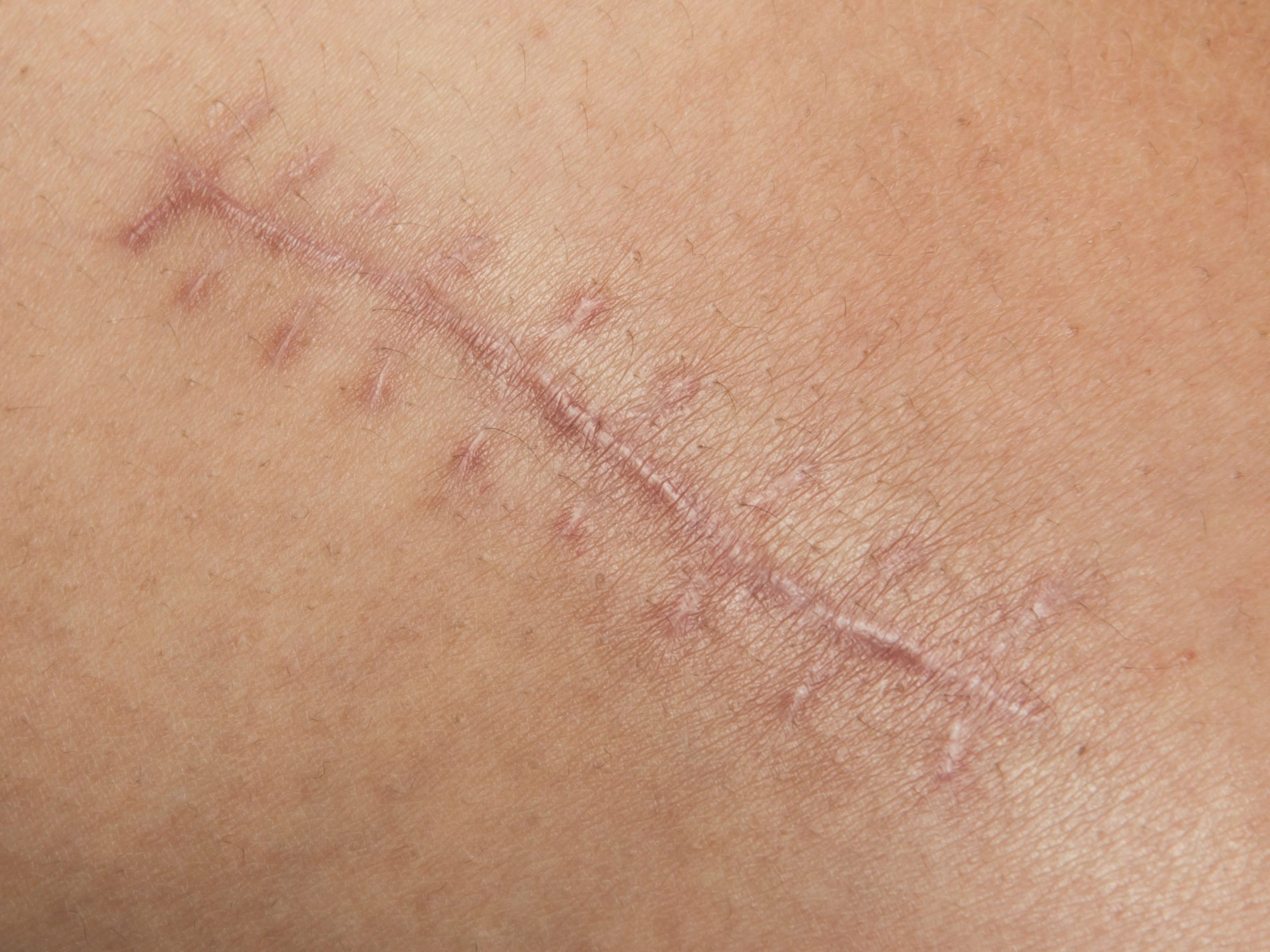Are you having plastic surgery?
If that’s your case, let me tell you my dear friend that you are not alone, in 2019, roughly 27 thousand cosmetic surgeries were carried out in the UK. When considering cosmetic procedures such as a nose lift or lip enhancement, one of the most concerns for some people is wound healing, especially if the surgery has been done abroad. What to do if the wound gets infected, how to clean it daily without medical assistance and so on. It is important to take care of the wound in order to speed up the healing process, prevent complications and have the nice results you expect.
The first step in your wound healing process is to follow your surgeon’s instructions in order to prevent further issues (infections or visible scars). In this blog, I give you 7 tips you can take into account to take care and speed up the wound healing process, let´s know them!
1.Keep your incision clean and dry.
Keep your incision clean and dry all the time, don’t allow water in your wound for the first 24 hours after surgery, or until the plastic surgeon recommends it.
On the other hand, you have to avoid non-prescribed ointments, creams, lotions or gels in the wound at least 2 weeks after surgery. If there is an opening or a spitting stitch (that’s a separate issue and you need to talk to the surgeon or nurse). Excess of moisture can cause the stitch to fall and open, that is the reason why the incision must be dry.
If you notice that your wound takes longer to heal, sometimes this is due to lack of ventilation to the wound. Remove your garment for one or two hours per day and allow the wound to get fresh air, of course talk to your surgeon first.
2.Good energy means eating properly and stay hydrated
Food is your principal source of energy and helps your body to heal properly. However, not all foods are good for you, eat what benefits your body the most, in my blog What to eat to heal faster you can find more information on what to eat and what to avoid.
Food has different roles for example:
- increase wound healing
- anti-inflammatory
- boost your immune system
- create new blood cells
- reduce swelling
- heal faster
- etc.
As food is key for wound healing it is also hydration. Increase your plain or flavored water intake in order to eliminate toxins and residual products from the surgery, but avoid high calorie (sugar added) and carbonated beverages.
3.Clothes matters
What you wear is important for wound healing. Avoid tight and synthetic clothes specially on the incision area because it can cause irritation. In addition, according to your surgery type you will have to wear a compression garment right after surgery. It is key to reduce swelling and edema, increase fluid and lymph flow, help contour the area and protect the incisions from direct rubbing, so look for the correct one that really fits you. Invest in good quality garments to avoid skin and wound irritation (Colombian brands are the best!).
4.Movement vs Rest
It is important to move right after surgery. Move as much as you can, but be careful. You can start with walking or pumping exercises, these improve blood flow, prevent blood clots and increase lymph movement. All of them improve and speed up wound healing.
On the other hand, you should always listen to your body. If you feel tired just rest! You may feel anxious about getting back to work, but allow yourself to rest as needed. Ask your surgeon about returning to your daily life activities and follow her/his instructions.
And don’t forget to avoid movements that may affect the wound or its surrounding area.
5.No sun = no visible scar
Sun exposure increases the risk of hyperpigmentation in wounds, so avoid direct sun exposure as much as you can and always wear sunscreen and sun protection clothing.
6.Manual lymphatic drainage to heal fast
MLD has many benefits, some of them are:
- reduce swelling and edema,
- improve lymphatic and blood flow,
- reduce toxins and wastes,
- boost your immune system
- increase wound healing
- and more…
7.Bonus… (I think my wound could be infected)
call your surgeon or GP if there is:
- too much pain in the area
- signs of infection like redness, heat or swelling
- unexpected bleeding or pus
- bad smell
- your wound gets bigger or deeper
- necrosis ( black area around the wound)
- fever
A final word…
Every day more people book their post-surgery treatment even before surgery to speed up wound healing, reduce post-surgery risks and have better and long lasting outcomes. If that is your case do it with those who treat you better!
We hope this information is useful for you. If you need advice or have any questions about our treatments, please contact us. You can find us in Mill Hill Broadway and Islington. We are always happy to help. If you like this blog, please share!
References:
https://www.webmd.com/first-aid/surgical-wound-care#091e9c5e81126fd2-2-5



